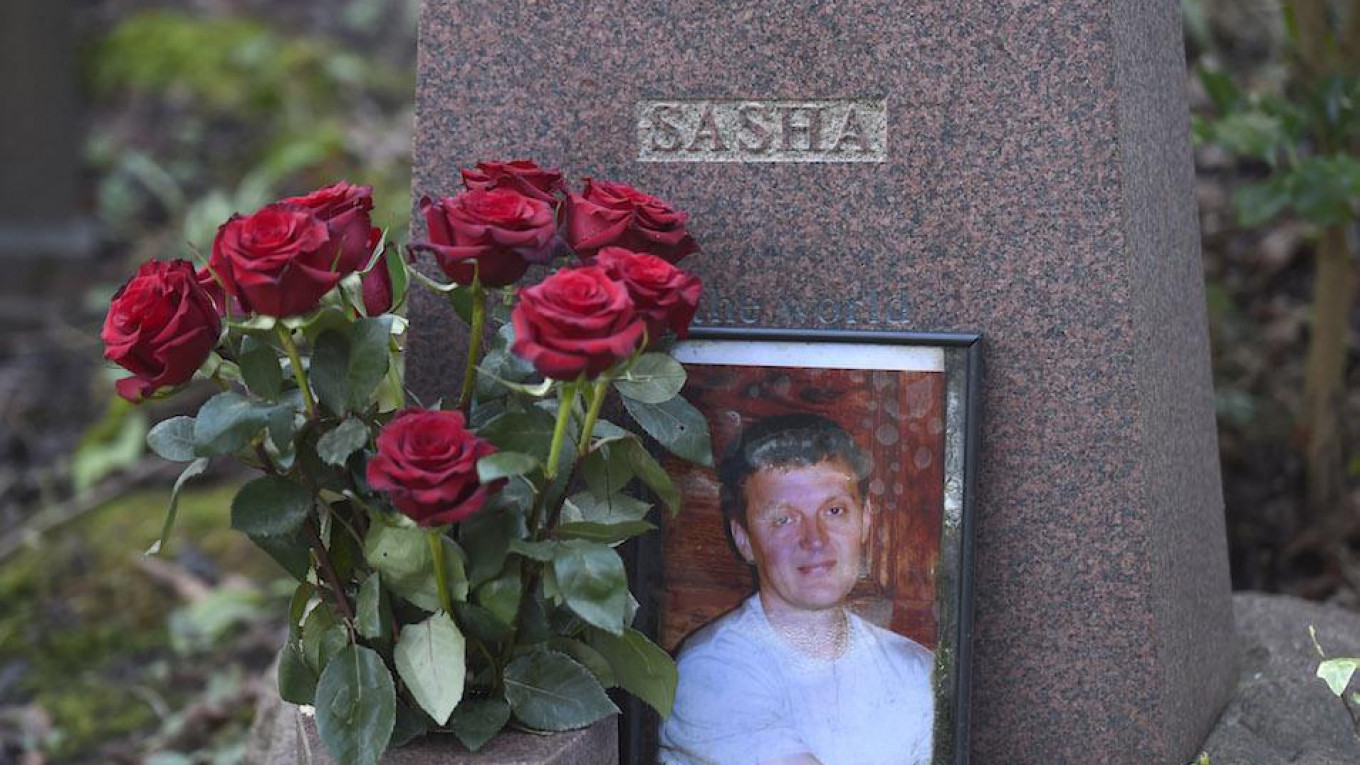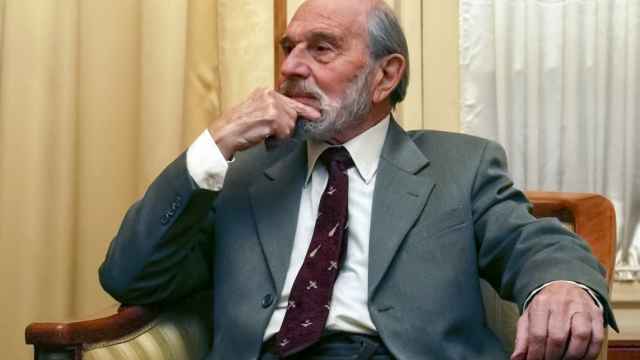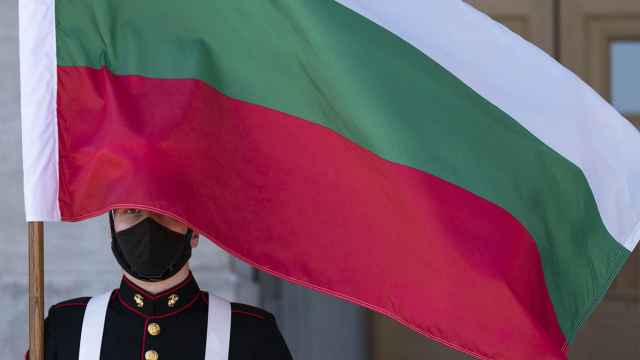Even after British Prime Minister Theresa May’s statements on Wednesday about the attempted assassination of former GRU agent Sergei Skripal and his daughter, many questions remain unanswered.
Who, for example, brought the separate components of the nerve gas into the country, and where did they bring them from? Who prepared the device and who activated it?
Paradoxically, those details are not so important now. Although the investigation is ongoing, London and Washington have set their suspicions on Russia. And little wonder.
Russia has inherited from the Soviet Union a reputation for being a state with intelligence agencies that repeatedly silence defectors and enemies of the authorities while denying involvement in their murders.
In recent years, the Court of Qatar found that Russia’s GRU had carried out the assassination of Chechen separatist leader Zelimkhan Yandarbiyev in the capital city of Doha in 2004.
This alone casts serious doubt on claims that, since the death of Stalin, Russian intelligence agencies have stopped murdering individuals deemed enemies of the state. The attempt against Skripal bears a striking resemblance to the poisoning death in London of former FSB officer Alexander Litvinenko in 2006.
Moscow once again finds itself in the position of a repeat offender who denies any wrongdoing. Now the world views Russia and its intelligence agencies as guilty until proven innocent and automatically focuses its suspicion on the Kremlin. Of course, Kremlin spin-doctors can blame the incident on Russia’s “enemies” and claim it was a provocation.
But that would mean that Russia’s intelligence services failed to guard the recipe for their deadly cocktail or that one of their specialists who knows the ingredients is now working for the other side. Russia’s only other way of explaining the incident is to fabricate a conspiracy theory about rogue Russian agents exacting vengeance against anyone whom they consider a traitor.
As usual, Moscow parried the accusations, denying any role in obtaining the components of the poison or in the act itself.
Foreign Ministry spokeswoman Maria Zakharova called Theresa May’s accusations a “circus show” and “fairy tales.” Federation Council Speaker Valentina Matvienko said the allegations were “Russophobic fabrications,” while Duma Speaker Vyacheslav Volodin said they were an attempt to interfere in Russia’s elections.
The combination of this rhetoric and Moscow’s refusal to respond to London’s demand for an explanation within 24 hours will probably only confirm British and U.S. suspicions. The sole exception to Russia’s stonewalling was a statement from the Prosecutor General’s Office declaring its willingness to cooperate with the British investigation.
The attempt on the life of the former Russian intelligence agent creates problems for both Moscow and London.
It tarnishes Britain’s reputation as a state capable of ensuring the security of those living in its borders and of effectively investigating a complex crime. As a result, the already cool relations between the two countries might now become far worse.
Britain has responded by expelling 23 alleged Russian spies from the country, and media reports suggest that London might enforce a law against illegal financial transactions and seize local properties and assets owned by Russian oligarchs. Britain might also enact its own version of the so-called “Magnitsky Act,” and some are calling for NATO to return to its principle of collective security for member states.
An escalation of tensions benefits the hawks on both sides.
The appointment of CIA Director Mike Pompeo to replace former U.S. Secretary of State Rex Tillerson could result in a tougher U.S. foreign policy. This assassination attempt hands anti-Russian groups in Europe and the U.S. even more evidence that Moscow has become “the devil incarnate” and a threat to the world.
Russian hardliners, in turn, have one more reason to rally citizens against a “hostile West” besieging the fortress of the Russian state, and to speak of the benefits of “nationalizing the elite.”
The whole situation only reinforces the prevailing “us versus them” mentality on both sides – itself a skewed picture of reality.
This article by Pavel Aptekar, Ivan Prosvetov, and Maria Zheleznova was originally published in the Vedomosti business daily. The views and opinions expressed in opinion pieces do not necessarily reflect the position of The Moscow Times

A Message from The Moscow Times:
Dear readers,
We are facing unprecedented challenges. Russia's Prosecutor General's Office has designated The Moscow Times as an "undesirable" organization, criminalizing our work and putting our staff at risk of prosecution. This follows our earlier unjust labeling as a "foreign agent."
These actions are direct attempts to silence independent journalism in Russia. The authorities claim our work "discredits the decisions of the Russian leadership." We see things differently: we strive to provide accurate, unbiased reporting on Russia.
We, the journalists of The Moscow Times, refuse to be silenced. But to continue our work, we need your help.
Your support, no matter how small, makes a world of difference. If you can, please support us monthly starting from just $2. It's quick to set up, and every contribution makes a significant impact.
By supporting The Moscow Times, you're defending open, independent journalism in the face of repression. Thank you for standing with us.
Remind me later.







